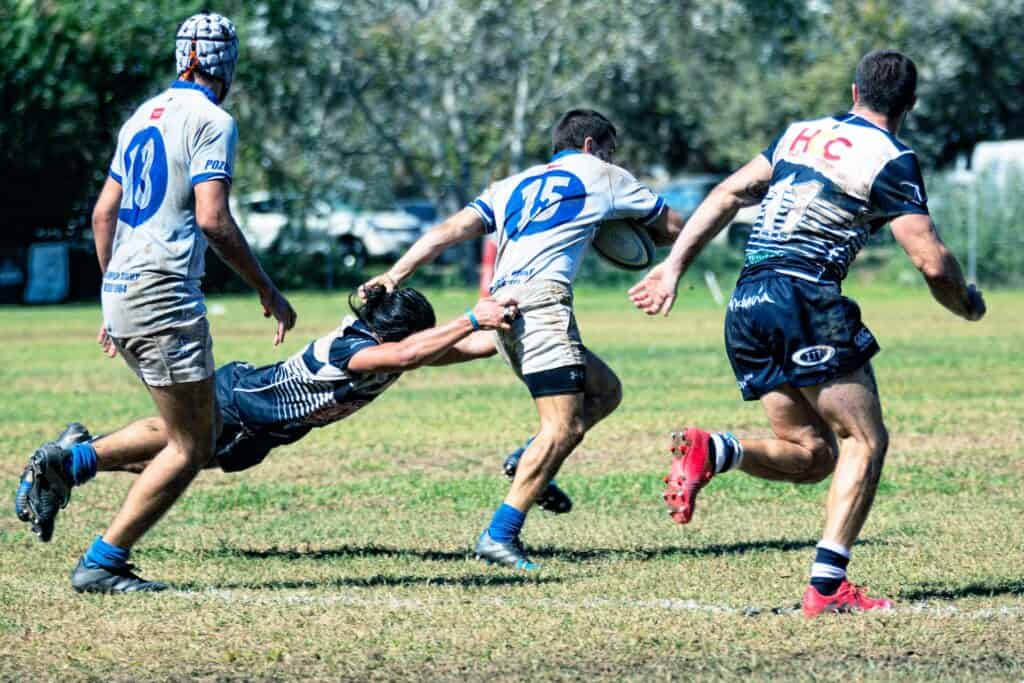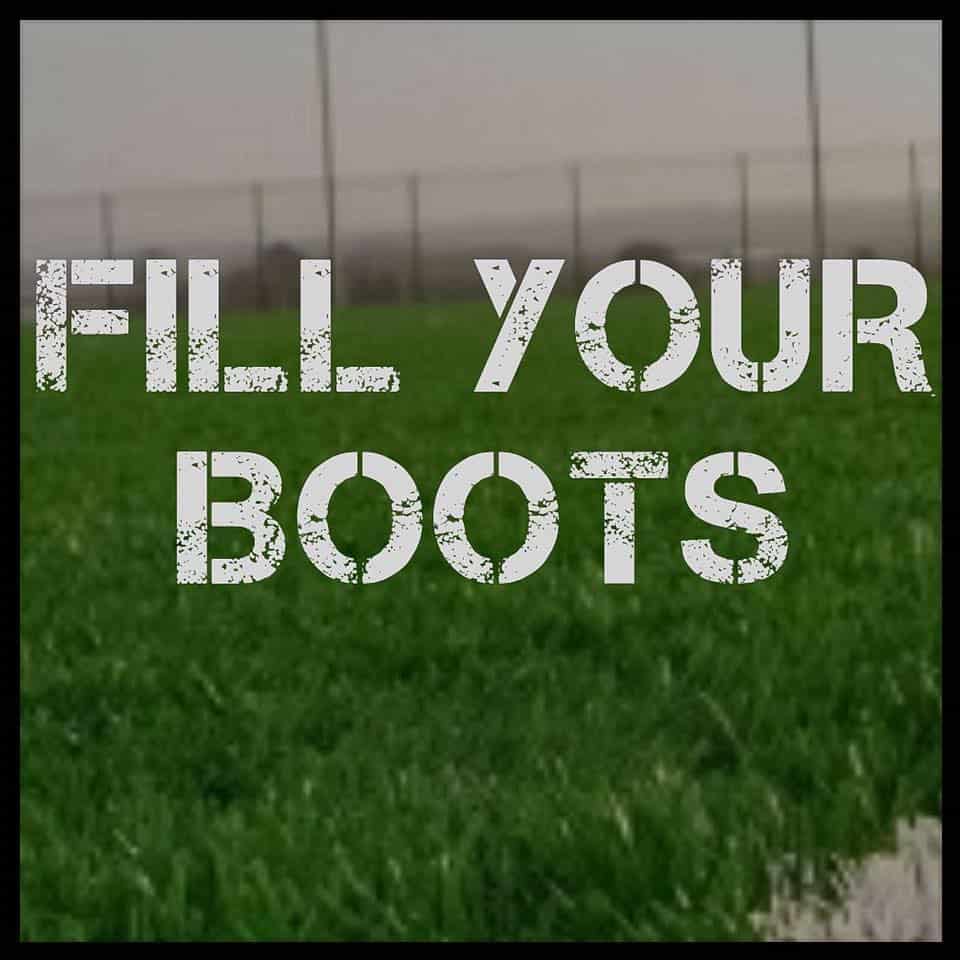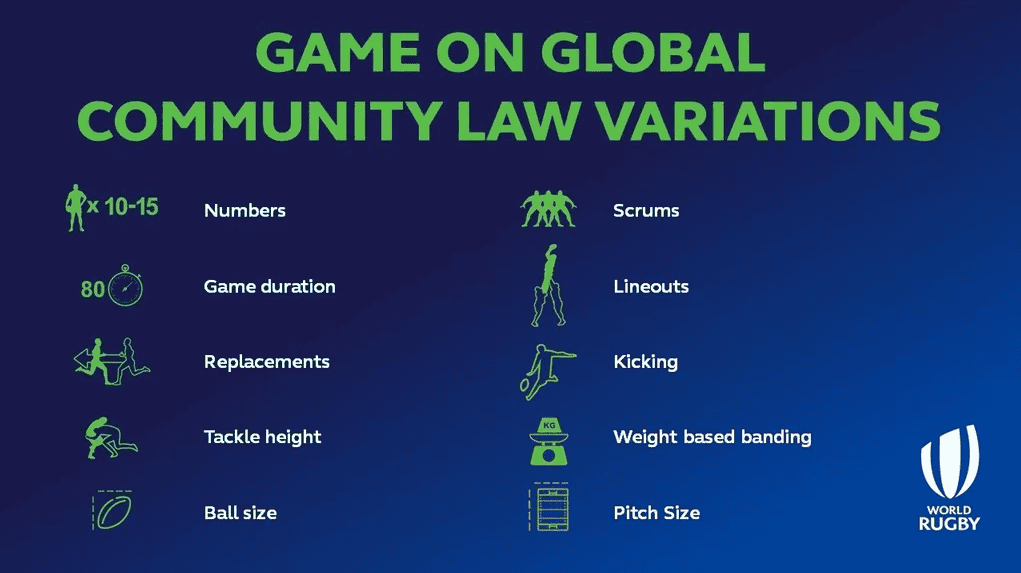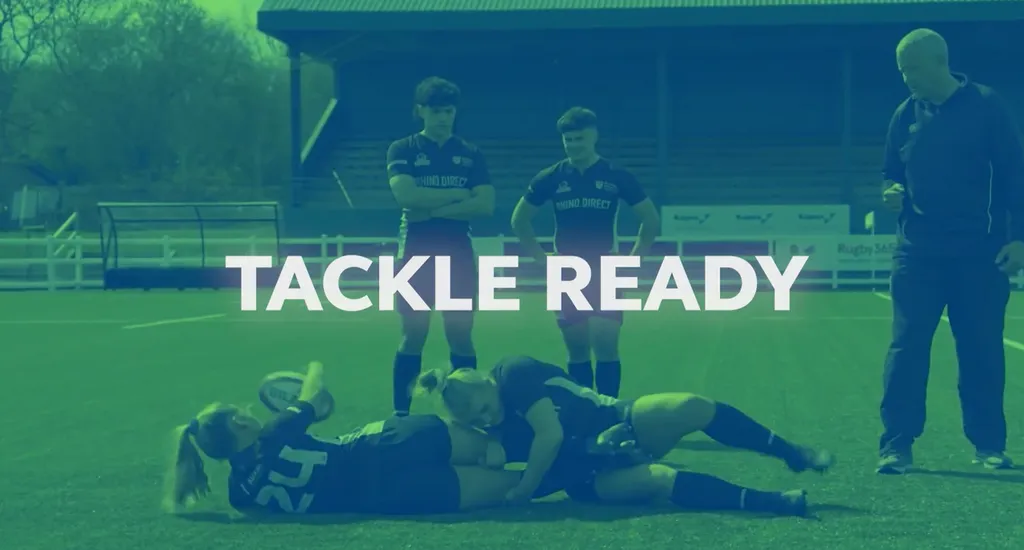
World Rugby confirms lower tackle height law trials for community rugby
World Rugby Council has unanimously approved a recommendation that unions participate in trials of a lower tackle height in community rugby.
The opt-in trial, which gives unions the freedom to adapt within their own jurisdiction, aims to improve player safety by reducing the risk of head-on-head contact and therefore concussions.
The international federation’s Council ratified the Executive Board’s recommendation from March, to follow the evidence and lower the permitted tackle height in the community game to below the base of the sternum – the area of the stomach, belly or below – statistically the safest place to make a tackle for both tackler and ball carrier.
Following World Rugby Executive Board’s initial recommendations in March, unions including England, Scotland, Ireland, Australia, Italy and South Africa are set to join the trials alongside France and New Zealand where similar trials were already taking place. Many more are undertaking consultation.
World Rugby endorsed trials in France and South Africa has shown that lowering the tackle height reduces the number of head-on-head contacts and concussions. Lowering the tackle height has also shown positive outcomes regarding increased ball-in-play time and offloading. The changes have also helped to increase player participation in France.
The new law trial will allow unions to:
- Set a legal tackle height at the base of the sternum, or below as best suits their community game
- Set secondary laws governing associated areas of the game such as pick and go, double tacklers and ball carriers dipping into contact
World Rugby has pledged to support players and unions with coach and player education tools as well as ensuring that trials are properly assessed and monitored.
As part of its own consultation process World Rugby held a Q&A session which can be watched back here.
World Rugby’s free training modules Rugby Ready, Tackle Ready and Breakdown Ready are also available to support both players and coaches with the new law trials as well as technique more generally.
The trials will be given significant time for players to adapt and for substantial, quality data to be gathered from around the world. The results of the trial will be formally reviewed in early 2025.
Following enquiries from members, World Rugby would support closed trials at the elite level should a union or competition wish to run such a trial.
World Rugby Chairman Sir Bill Beaumont said: “I would like to thank everybody who has contributed to this process and thank in advance the rugby family, who will be vital to the successful implementation.
“Change is challenging. We anticipate that the trial will take time to settle. However, throughout this process we have been guided by the science to help make the game safer for our players and the evidence is unequivocal.
“We will work with our unions to commission and collate feedback as we advance through the two-year trial. This bank of data will enable us to closely monitor its impact.”
World Rugby Chief Player Welfare and Rugby Services Officer Mark Harrington added “This is the next step on a journey which first began with World Rugby investing in world leading research into player welfare at all levels of the game.
“World Rugby will continue to support unions throughout the next two years in educating players, collecting data and analysing research so that our decision making continues to be informed by the best possible evidence.”



